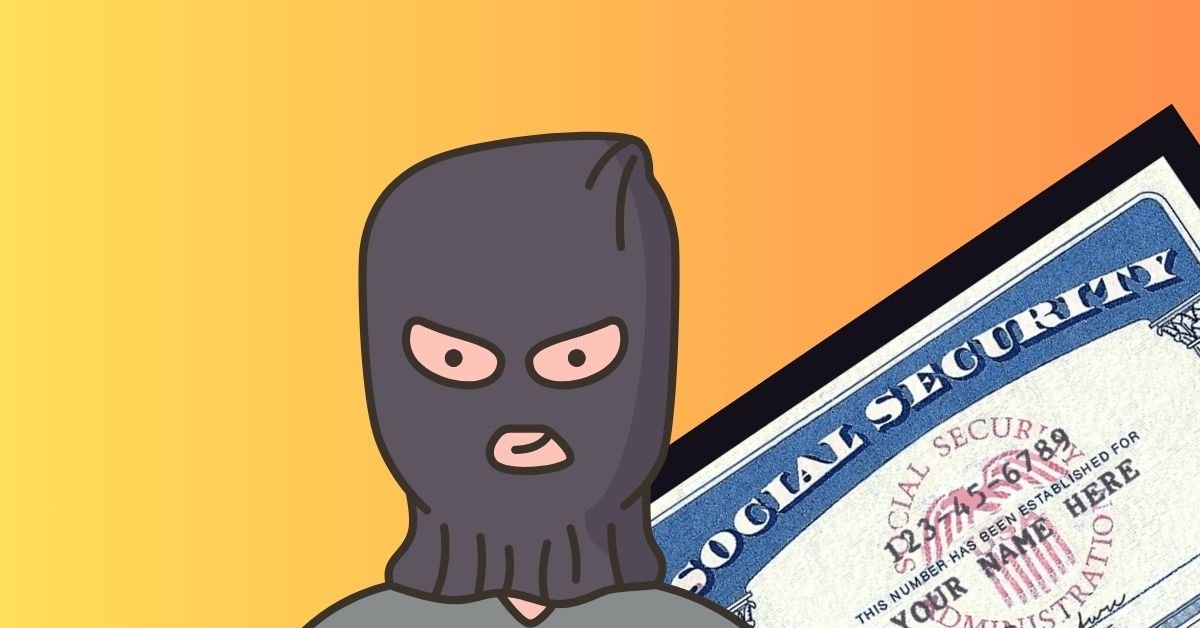best tips to keep Social Security Numbers safe Online

Your nine-digit Social Security Number (SSN) is one of the most crucial pieces of personal information you possess. It reveals a lot about you, including your identity and financial background. While it might seem convenient to carry your SSN with you as proof of identity, doing so isn’t always safe.
Identity theft is a growing crime, and if someone gains access to your SSN, they can misuse it in numerous ways. Scammers could take out loans, create fake documents, and more, putting your financial security at serious risk.
Why You Should Never Share Your SSN Carelessly
Despite its importance, many people inadvertently put their SSN at risk through simple mistakes. It’s unsafe to share your SSN or documents containing it on social media, even in private messages. Skilled scammers can easily create fake documents using such information.
Emails and text messages are often unencrypted, making it easy for hackers to intercept sensitive details. The safest way to share your SSN is in person. Only carry your SSN when absolutely necessary. In regular situations, avoid carrying personal documents with you. Instead, keep your SSN card securely stored at home unless you need it.
Best Tips to Keep Your SSN Safe
Only Use It When Necessary
Provide your SSN only when absolutely required. Always ask if there’s an alternative way to verify your identity, and verify why your SSN is needed to understand if it’s truly necessary.
Protect It Online
If you store your SSN digitally, secure it with a strong password and, if possible, enable two-factor authentication (2FA). Ensure all sensitive documents are stored in a password-protected environment, like a secure drive or your computer.
Store It Securely in Physical Form
If you need to keep a physical copy of your SSN card or related documents, store them in a locked, secure location. This helps prevent unauthorized access in person.
Enable Bank Account Notifications
Most banks offer alerts for unusual or large transactions. Set up these notifications and regularly check them so you can quickly spot any suspicious activity.
Avoid Writing It Down Unnecessarily
Only write down your SSN when required, and if you no longer need the document, dispose of it securely to prevent misuse.
Don’t Use It in Public
When accessing your SSN, do so in a private environment. If you’re on public Wi-Fi, use a VPN for added security.
Never Share It Over the Phone
Avoid sharing your SSN or other personal details over the phone. You can’t always verify who’s on the other end, and scammers often pose as legitimate representatives.
What to Do if Your SSN Is Compromised
Despite precautions, there’s always a risk your SSN could be compromised. Here’s what to do immediately if you suspect unauthorized use:
Report It
File a report with the Federal Trade Commission (FTC) through IdentityTheft.gov. Reporting the incident provides an official record, which can help protect you if someone misuses your SSN. Keep a copy of the report for future reference.
Freeze Your Credit
Immediately freeze your credit to prevent further damage. A credit freeze restricts access to your credit report, blocking new accounts from being opened in your name. This buys you time to address the situation and stops scammers from inflicting financial harm.
File a Police Report
If your SSN has been used fraudulently, such as to open accounts or make purchases, file a report with the police. This documentation is helpful in recovery efforts and demonstrates that you’ve taken action. Report any alerts of unauthorized SSN use promptly, as your SSN could be involved in illegal activities.
Notify Your Bank
If your SSN has been used to access your bank accounts or other financial records, contact your financial institutions immediately. They can add extra security to your accounts and monitor for unusual activity. Calling your bank’s support center can ensure prompt action to protect your assets.
Things to Keep in Mind Before Using Your SSN Online
Refrain from entering your SSN on public or shared devices, which are more vulnerable to malware or keyloggers. When entering your SSN for official purposes like government or banking services, use the official websites only. Always double-check the URL and stick to legitimate links.
Before entering your SSN, ensure the website is legitimate and secure. Look for “https” in the URL, and confirm that your SSN is truly required. You can search online to check the website’s credibility. Avoid using your SSN on new or unknown sites without positive review.
Conclusion
Protecting your Social Security Number (SSN) is crucial, as it’s tied directly to your identity. Avoid carrying it with you unless absolutely necessary. If you have a physical copy, store it in a secure place. When stored digitally, keep it alongside other documents in a password-protected environment. If your SSN is compromised, quick action is essential to minimize potential damage. Report the incident immediately and contact the relevant authorities to block further misuse.
